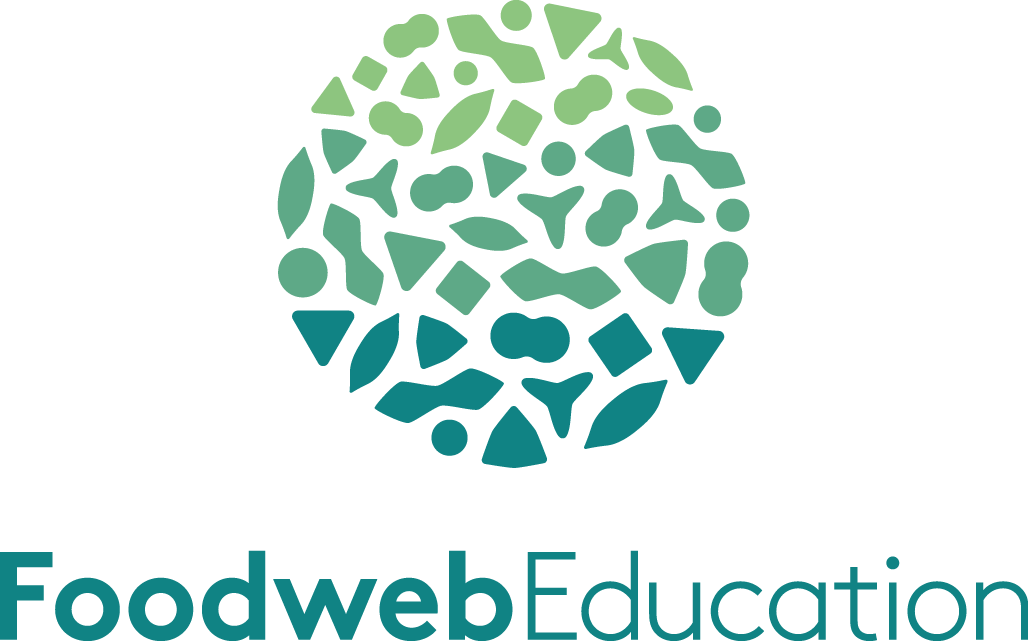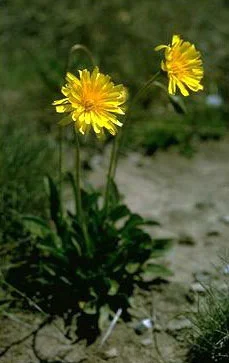Decolonizing the Curriculum: What does that mean in Foodweb?
Foodweb Education respectfully acknowledges that we live, work and learn on Aboriginal land, land that has never been ceded. In Naarm Melbourne where most of our Foodweb schools are located, we are on the land of the Wurundjeri People of the Kulin nation.
Aboriginal Australians from over 200 language groups, have lived in Australia for over 65,000 years (Clarkson et al, 2017), practicing a connective cosmological-ecological kinship with Land and managing their food production in various ways across Australia.
In ‘Dark Emu’, Bruce Pascoe offers an alternative to the myth that Aboriginal Australians were hunter-gatherers, he writes –
Schoolchildren are taught that witchetty grubs were a major food source, almost as if there is a deliberate attempt by educationalists to emphasise the gross and primitive. Imagine, instead, re-educating the nation and utilising the two major crops of Aboriginal Australia: yams (as well as other root vegetables) and grains. All of these plants were domesticated by Aboriginal people, and these are the plants that offer the most exciting prospects for farming today.
Murrnong Yam Daisy
Foodweb is committed to decolonising our curriculum by unearthing a Eurocentric scientific bias. Our Foodweb Education framework is based in scientific knowledge, but the “Western Science” tradition is one story among other cosmological and ecological stories. We strengthen our pedagogy by using a range of information, specifically the traditional ecological knowledge (TEK) of the First Nations cultures where we are teaching. In Naarm Melbourne, this means attending to Wurundjeri stories. To use these stories in culturally appropriate ways, we start by reading story books written by Aboriginal authors, for example, at the start of each year we read ‘Welcome to Country’, by Aunty Joy Murphy and Lisa Kennedy, which introduces the creation story of the Wurundjeri people revolving around Bunjil the Eagle creator spirit, and Waa, the Crow protector spirit. We use the 8 Wurundjeri Seasons in tandem with the ‘Western’ four seasons and incorporate Indigenous food and fibre plants into the productive gardens.
This learning is in line with the cross-curriculum priority ‘Aboriginal and Torres Strait Islander Histories and Cultures’ in the Australian Curriculum - https://www.australiancurriculum.edu.au/f-10-curriculum/cross-curriculum-priorities/aboriginal-and-torres-strait-islander-histories-and-cultures/
In some schools (such as Thornbury Primary school) where there is an Indigenous Studies teacher and Woiwurrung language & culture program, we consult the teacher for specific terms, stories and practises, and how to engage with them (or not) respectfully.
Foodweb is committed to continually adapting pedagogy, reflecting on our cultural assumptions and including new (ancient/reclaimed) knowledge as part of our teaching practice.
What are some of the ways you attempt to decolonize your pedagogy?
References:
Clarkson, C., Marwick, B., Wallis, L., Fullagar, R. & Jacobs, Z. (2017). Buried tools and pigments tell a new history of humans in Australia for 65,000 years. The Conversation, 20 July 1-8. Sourced: http://ro.uow.edu.au/cgi/viewcontent.cgi?article=5839&context=smhpapers
Murphy, J. W., & Kennedy, L. (2017). Welcome to country. Newtown, N.S.W: Walker Books Australia.
Pascoe, B. (2018/2014). Dark Emu: Black Seeds - Agriculture or Accident? Broome: Magabala Books.

